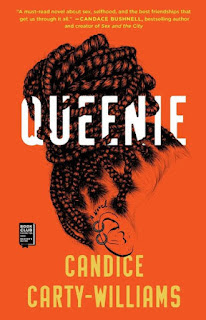
The entry begins:
Because Dawnland is about love of all kinds—romantic, doomed, familial, fatalistic, erotic—it requires actors with a wide range and a director with an eye for subtlety. Set it in the spectacularly dynamic landscape of Cape Cod’s outermost beaches, the setting mirrors the inner life of the characters, who teeter on cliffs both literal and metaphorical. April and Oliver are in- laws with a tangled past. As their family reunion unfolds, their buried secret threatens to erupt like a rogue wave. Fault lines appear between spouses, siblings, parents and children in what becomes a summer of reckoning. Will the truth force deeper, more authentic relationships or destroy them irreparably? Anne Hathaway is a dead ringer for April, both physically and in terms of her personal zest and emotional range. In Dawnland, April’s husband Al says she has “Anne Hathaway eyes,”—dark, boundless, and full of mystery. From Brokeback Mountain to The Devil Wears Prada, Hathaway demonstrates the depth and versatility needed for a vibrant and often unpredictable character like April.Learn more about the novel and author at Tess Callahan's website.
Although he is not (yet) an actor, the...[read on]
The Page 69 Test: April and Oliver.
The Page 69 Test: Dawnland.
My Book, The Movie: Dawnland.
--Marshal Zeringue


















.jpg)











